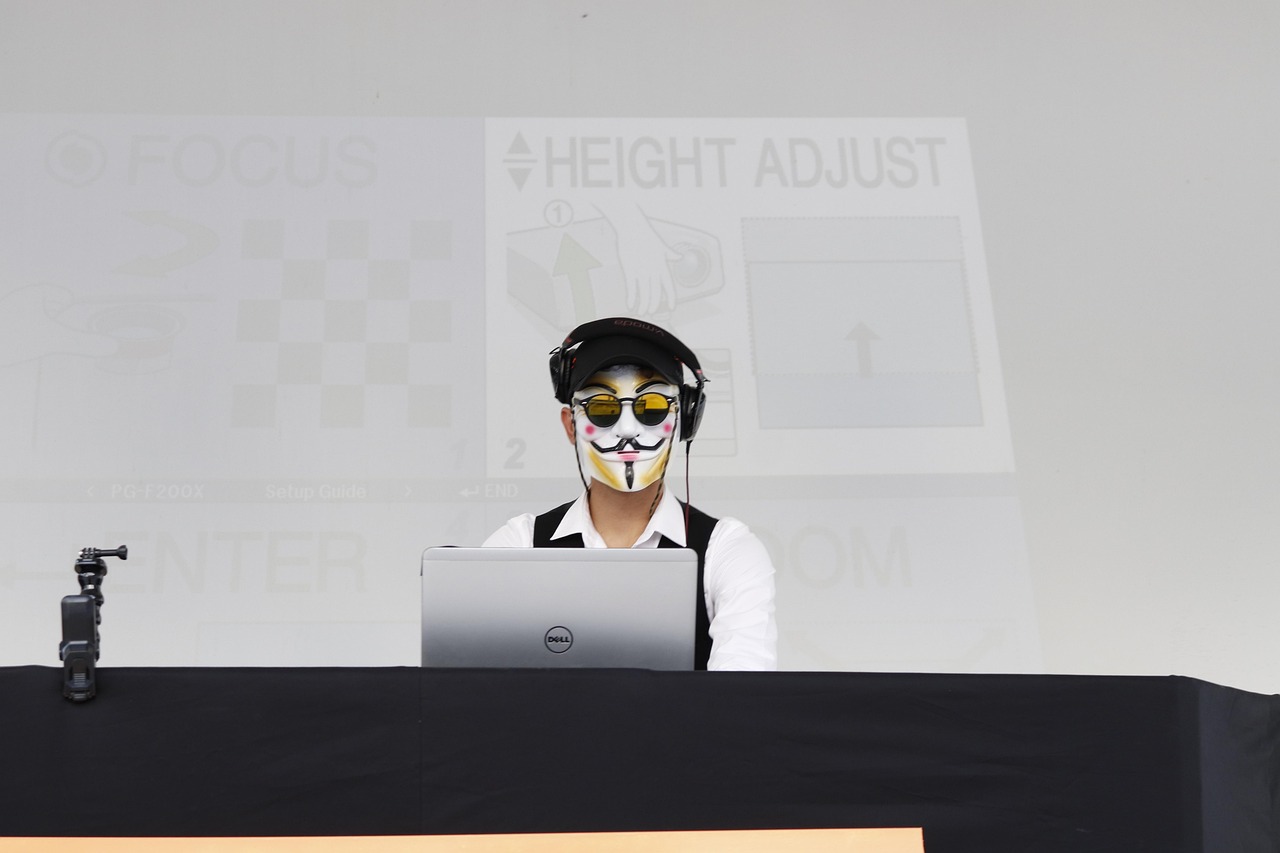Vulnerability. The word itself can conjure up feelings of unease, fear, and exposure. But what if, instead of seeing vulnerability as a weakness, we reframed it as a superpower? It’s the birthplace of connection, creativity, and true courage. Understanding and embracing vulnerability is key to building stronger relationships, living a more authentic life, and achieving greater personal fulfillment. Let’s delve into the power of vulnerability and explore how to harness it for personal growth.
What is Vulnerability?
Defining Vulnerability
Vulnerability isn’t about weakness; it’s about uncertainty, risk, and emotional exposure. It’s about showing up and being seen even when we can’t control the outcome. Brené Brown, a leading researcher on vulnerability, defines it as “uncertainty, risk, and emotional exposure.” It’s the willingness to put ourselves out there, without guarantees.
- It’s sharing your fears with a friend.
- It’s applying for a job you might not get.
- It’s saying “I love you” first.
- It’s starting a creative project that might fail.
The Myths of Vulnerability
Many misconceptions surround vulnerability, leading people to avoid it. Let’s debunk some common myths:
- Myth: Vulnerability is weakness. Reality: Vulnerability requires immense courage and strength.
- Myth: I have to be vulnerable all the time. Reality: Vulnerability is about appropriate sharing, not oversharing.
- Myth: I can do it alone. Reality: Connection and support are essential for navigating vulnerability.
- Myth: Vulnerability equals transparency. Reality: Vulnerability is about authenticity, not broadcasting every detail of your life.
The Science Behind Vulnerability
Research shows that vulnerability activates areas of the brain associated with empathy and connection. When we are vulnerable, we signal to others that we trust them, which can foster deeper relationships. Furthermore, studies have linked vulnerability to:
- Increased resilience: Facing our fears makes us stronger.
- Improved mental health: Authenticity reduces stress and anxiety.
- Greater life satisfaction: Living in accordance with our values brings fulfillment.
Why is Vulnerability Important?
Building Authentic Connections
Vulnerability is the foundation of genuine connection. When we’re willing to show our true selves, imperfections and all, we create space for others to do the same. This reciprocal vulnerability fosters trust and intimacy.
- Example: Imagine a new team member who openly admits they’re nervous about presenting a project. This vulnerability can encourage other team members to offer support and share their own experiences, creating a more cohesive and supportive environment.
Fostering Creativity and Innovation
Creative endeavors often require us to step outside our comfort zones and risk failure. Vulnerability allows us to embrace the uncertainty and express our unique perspectives.
- Example: An artist who experiments with a new medium, knowing it might not be well-received, demonstrates vulnerability. This willingness to take risks can lead to groundbreaking and innovative work.
Increasing Resilience
Facing our vulnerabilities head-on builds resilience. By acknowledging our fears and insecurities, we can develop coping mechanisms and learn from our experiences, making us better equipped to handle future challenges.
- Example: Someone who shares their experience with job loss and seeks support from their network is being vulnerable. This vulnerability can lead to new opportunities and a stronger sense of self-worth.
Leading with Vulnerability
Vulnerability is a powerful leadership tool. Leaders who are willing to be open, honest, and authentic can inspire trust and loyalty in their teams.
- Example: A CEO who admits to making a mistake and takes responsibility for their actions demonstrates vulnerability. This can build trust with employees and create a culture of accountability.
How to Practice Vulnerability
Start Small
You don’t have to share your deepest secrets with everyone you meet. Start with small acts of vulnerability in safe and supportive environments.
- Tip: Share a personal story with a close friend.
- Tip: Express your feelings instead of bottling them up.
- Tip: Ask for help when you need it.
Identify Safe Spaces
Choose environments and relationships where you feel safe and supported. This will make it easier to take risks and be vulnerable.
- Tip: Join a support group.
- Tip: Seek therapy or counseling.
- Tip: Cultivate relationships with people who are empathetic and understanding.
Embrace Imperfection
Perfectionism is the enemy of vulnerability. Accept that you are not perfect and that it’s okay to make mistakes.
- Tip: Practice self-compassion.
- Tip: Reframe your failures as learning opportunities.
- Tip: Focus on progress, not perfection.
Set Boundaries
Vulnerability is not about oversharing or being taken advantage of. It’s important to set boundaries and protect your emotional well-being.
- Tip: Learn to say “no.”
- Tip: Identify your limits and communicate them clearly.
- Tip: Trust your intuition and remove yourself from situations that feel unsafe or uncomfortable.
Overcoming the Fear of Vulnerability
Acknowledge Your Fears
The first step to overcoming your fear of vulnerability is to acknowledge it. What are you afraid of? What’s the worst that could happen?
- Example: You might be afraid of rejection, judgment, or being hurt.
Challenge Your Negative Thoughts
Once you’ve identified your fears, challenge the negative thoughts that fuel them. Are they based on reality or assumptions?
- Tip: Ask yourself: What evidence do I have to support this thought? What evidence do I have to contradict it?
Practice Self-Compassion
Be kind to yourself as you navigate vulnerability. Remember that it’s a process, and it’s okay to feel uncomfortable or scared.
- Tip: Treat yourself with the same compassion you would offer a friend.
- Tip: Practice mindfulness to stay present and avoid getting caught up in negative thoughts.
Seek Professional Help
If you’re struggling to overcome your fear of vulnerability, consider seeking professional help from a therapist or counselor. They can provide guidance and support as you work through your challenges.
Conclusion
Vulnerability is not a weakness; it’s a superpower. It’s the key to building authentic connections, fostering creativity, increasing resilience, and leading with courage. By embracing vulnerability and practicing it in safe and supportive environments, you can unlock your full potential and live a more fulfilling life. Start small, set boundaries, and remember to be kind to yourself along the way. The rewards of vulnerability are well worth the effort.
Read our previous article: AI Explainability: Shining A Light On Algorithmic Bias




